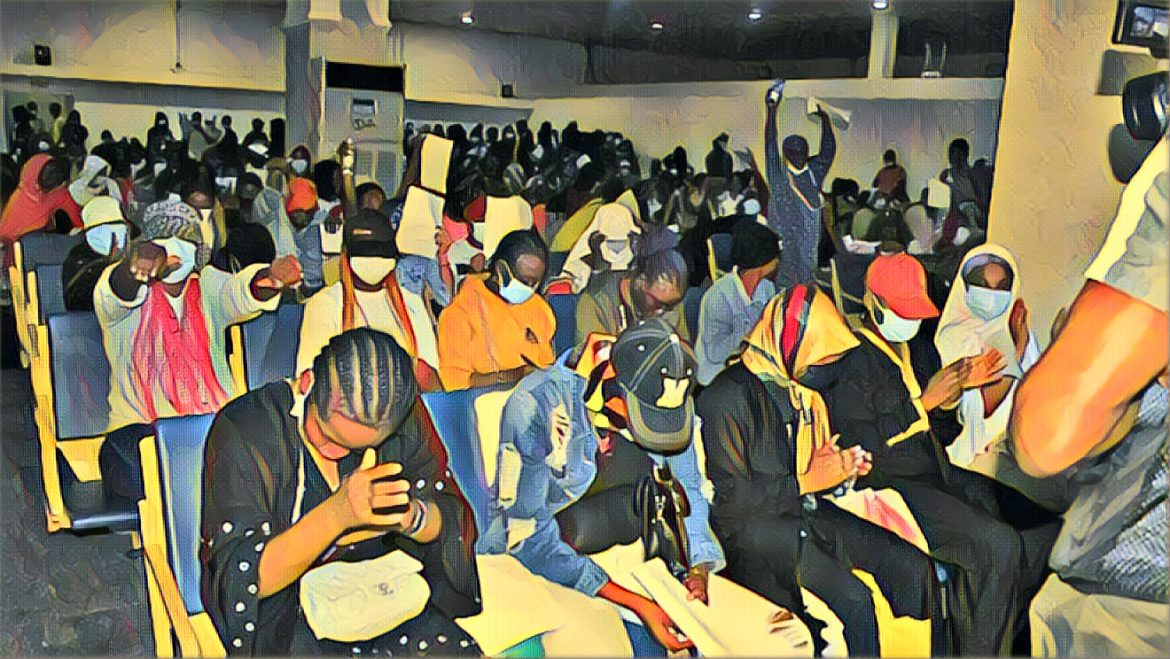More than 4,000 Nigerians who were stranded in Libya have been repatriated to their home country between February and October 2023, according to the International Organization for Migration (IOM) and the National Emergency Management Agency (NEMA). The returnees were among the hundreds of thousands of migrants who risked their lives crossing the Mediterranean Sea or the Sahara Desert in search of better opportunities in Europe and other parts of the world.
The majority of the returnees were rescued from detention centers and slave markets in Libya, where they faced horrific conditions such as torture, rape, starvation, and exploitation. Some of them were intercepted at the border between Libya and Tunisia, where they were abandoned without food, water, or shelter. Others were assisted by the IOM and the Nigerian government to voluntarily return home after realizing the dangers and difficulties of their journey.
The repatriation of the stranded Nigerians is part of a joint initiative by the IOM, the EU, and the African Union to facilitate the safe and dignified return and reintegration of migrants from Libya. The initiative also provides humanitarian assistance, medical care, psychosocial support, and vocational training to the returnees to help them rebuild their lives and contribute to the development of their communities.
However, the repatriation process faces many challenges, such as the lack of adequate funding, the insecurity and instability in Libya, the reluctance of some migrants to return, and the stigma and discrimination they face upon their arrival. Moreover, the root causes of irregular migration, such as poverty, unemployment, insecurity, and corruption, remain unresolved in Nigeria and other African countries, prompting many young people to seek alternative livelihoods elsewhere.
The Nigerian government has pledged to address these issues and create more opportunities for its citizens, especially the youth, to discourage them from embarking on perilous journeys. The government has also vowed to crack down on human trafficking networks and prosecute those involved in the slave trade in Libya and other countries.
The IOM and other international organizations have called for more global solidarity and cooperation to end the migration crisis and protect the human rights and dignity of migrants. They have also urged the media and the public to raise awareness and compassion for the plight of migrants and to celebrate their positive contributions to society.
The returnees from Libya have expressed their gratitude to the IOM, the Nigerian government, and other partners for their assistance and support. They have also shared their stories and experiences with their families, friends, and communities, hoping to inspire others to pursue their dreams without risking their lives.
Source: Punch


